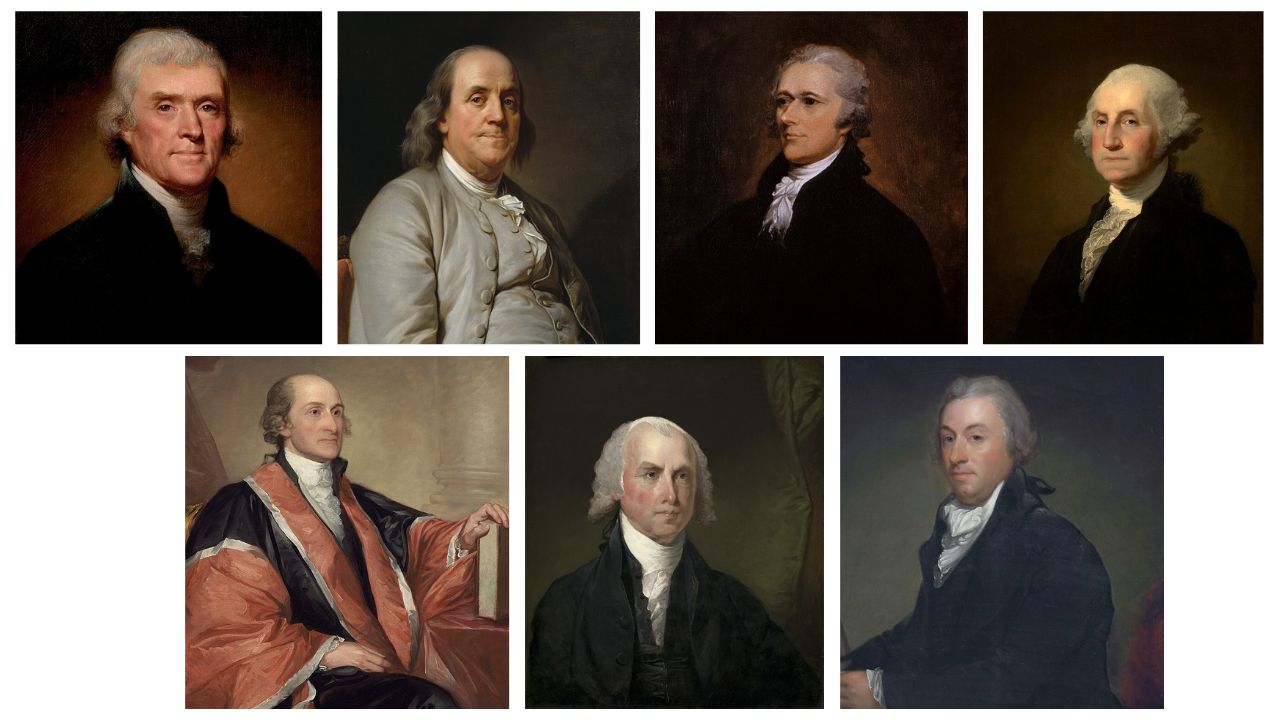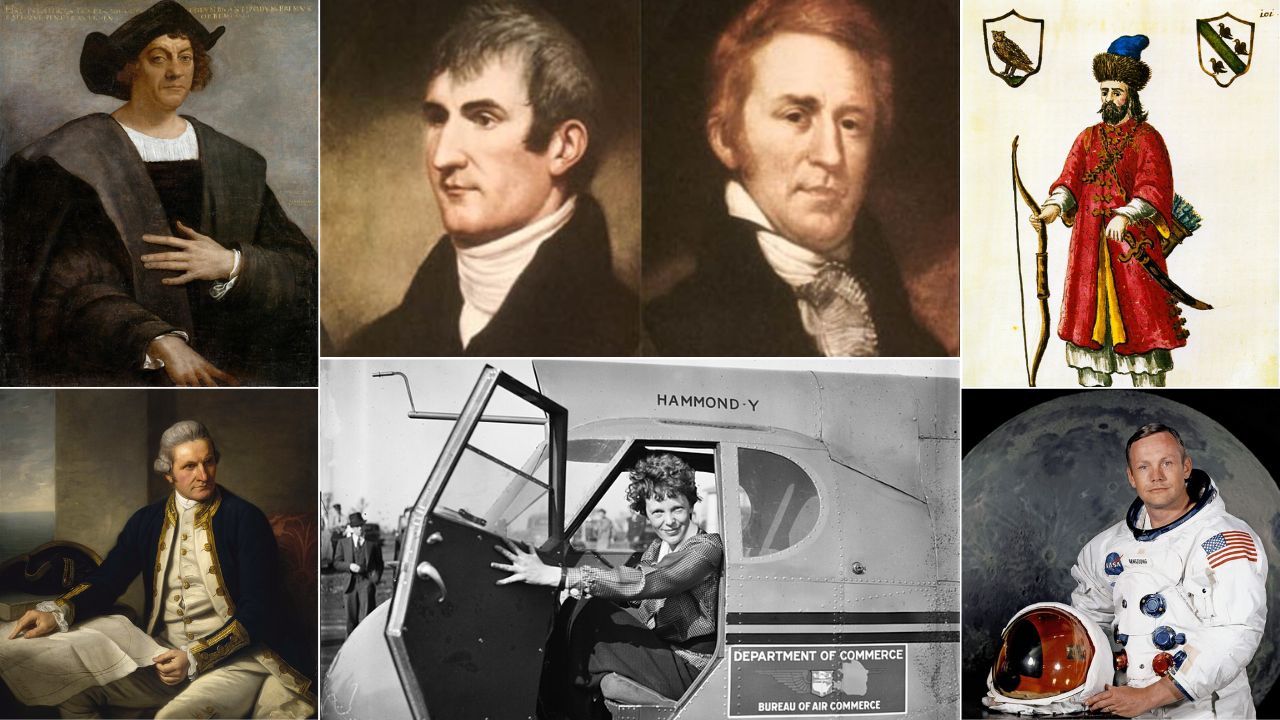The Founding Fathers of the United States are often viewed as infallible heroes who paved the way for the birth of a nation. However, many myths about their lives and beliefs have persisted over the years, shaping our understanding of these iconic figures. These myths range from false depictions of their personal values to exaggerated tales of their influence on American society. Let’s dive into 12 common misconceptions about the Founding Fathers that aren’t supported by historical evidence.
1. George Washington Had Wooden Teeth
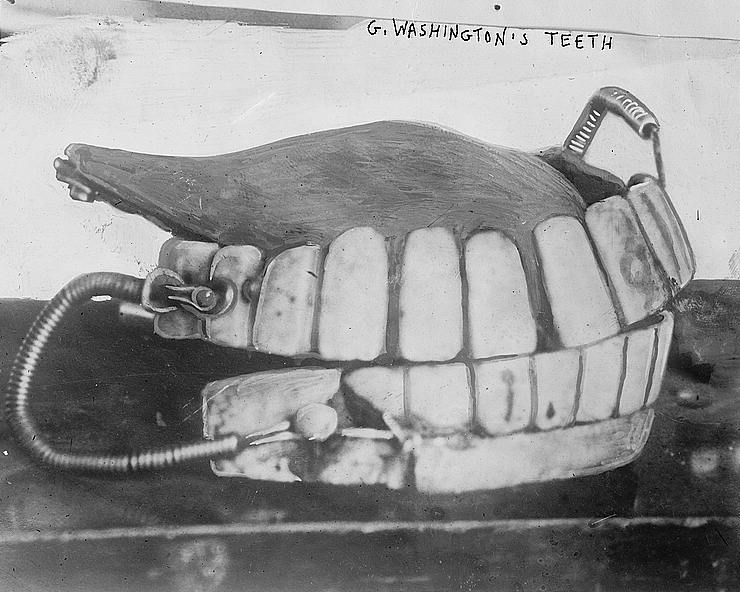
One of the most enduring myths about George Washington is that he had wooden teeth. In reality, Washington had several sets of dentures made from various materials, including ivory, gold, and human teeth. His dental problems were well-documented, and his dentures were uncomfortable, but they were far from wooden. The myth of wooden teeth likely stems from the appearance of the ivory in his dentures, which may have had a slight discoloration.
2. Thomas Jefferson Wrote the Declaration of Independence Alone
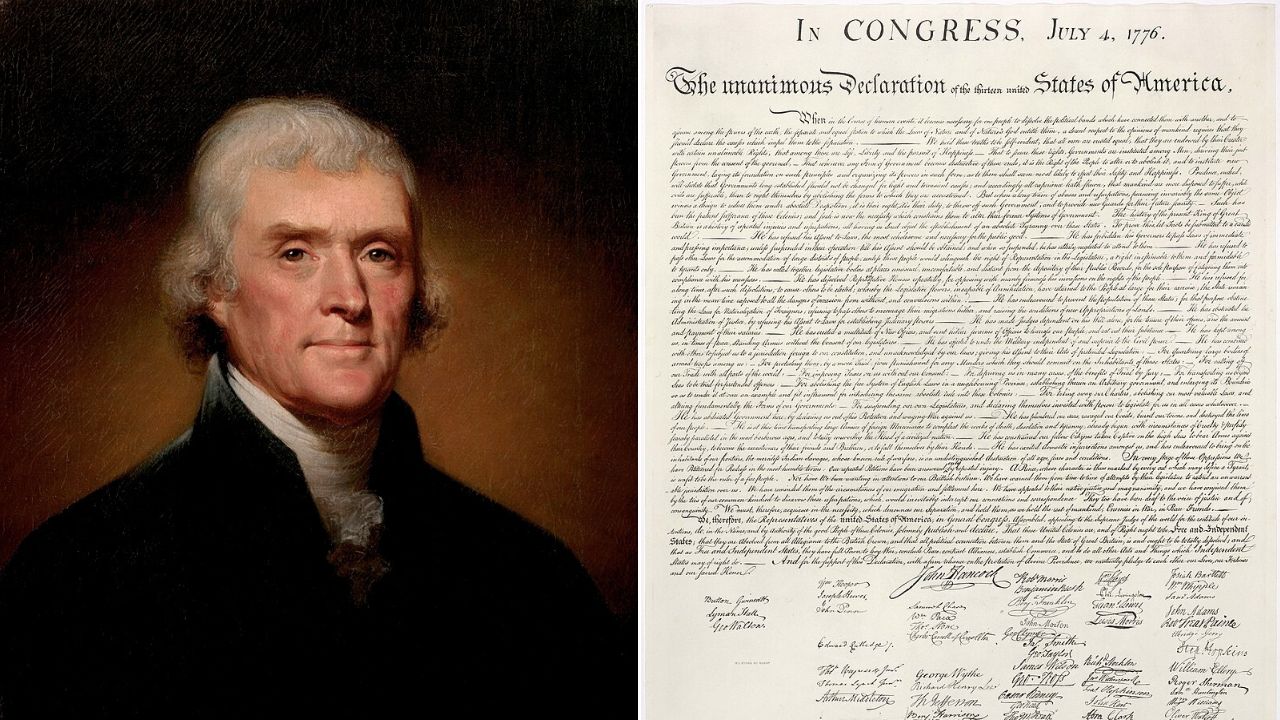
While Thomas Jefferson is often credited with writing the Declaration of Independence, he did not do it alone. The drafting of the document was a collaborative effort, with input from several other Founding Fathers, including Benjamin Franklin, John Adams, and Roger Sherman. Jefferson, however, was the principal author and is rightly recognized for his eloquent expression of the colonies’ desire for independence, but it was not solely his work.
3. Benjamin Franklin Invented the Lightning Rod for Personal Gain
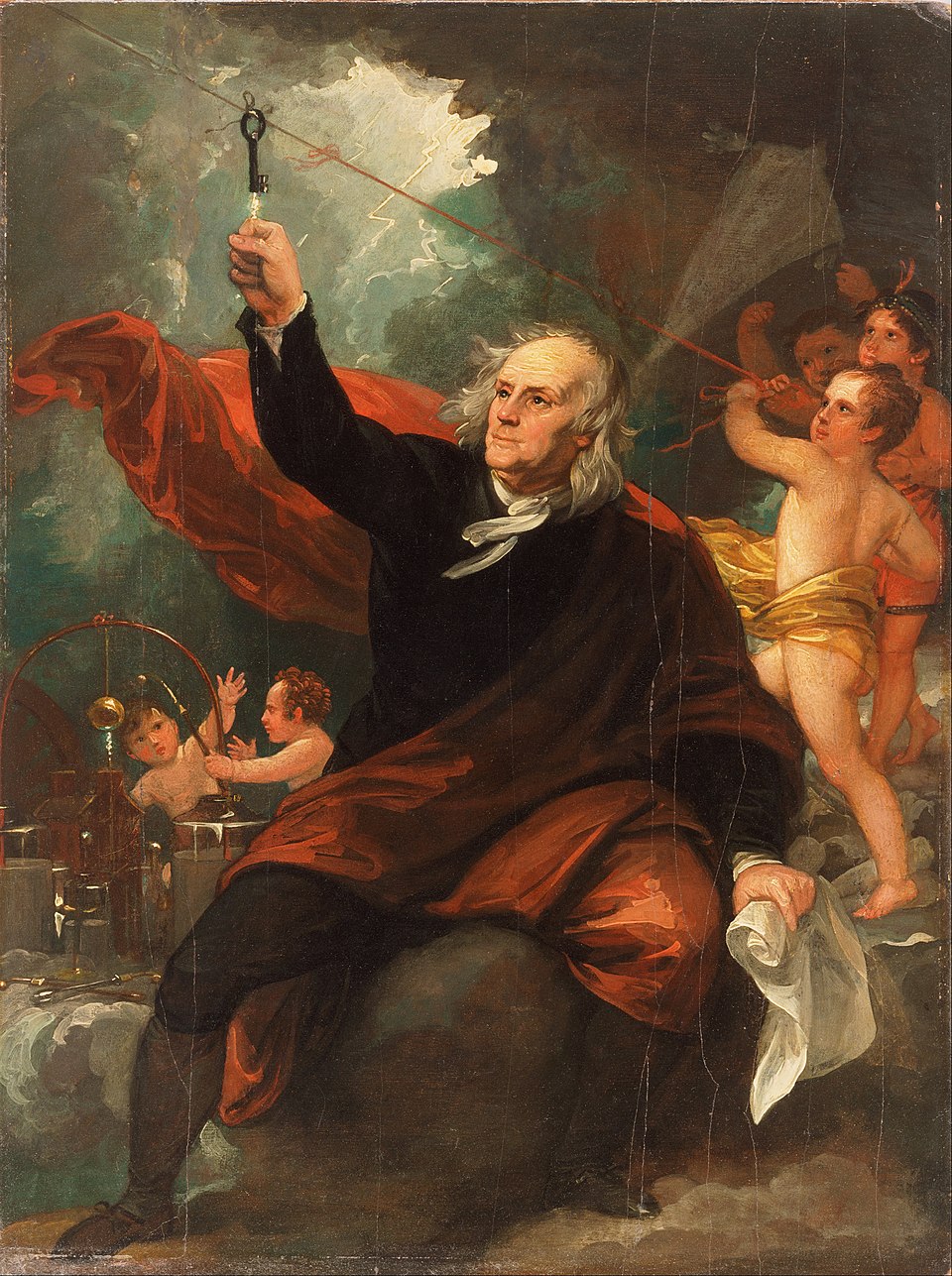
Benjamin Franklin is often credited with inventing the lightning rod, but contrary to popular belief, his motivation was not personal gain. Franklin invented the lightning rod as part of his scientific investigations into electricity, hoping to protect buildings and people from lightning strikes. His goal was to advance scientific knowledge and improve public safety. He didn’t profit from the invention; instead, his focus was on understanding and applying natural forces to benefit society.
4. John Adams Wanted to Declare America a Monarchy
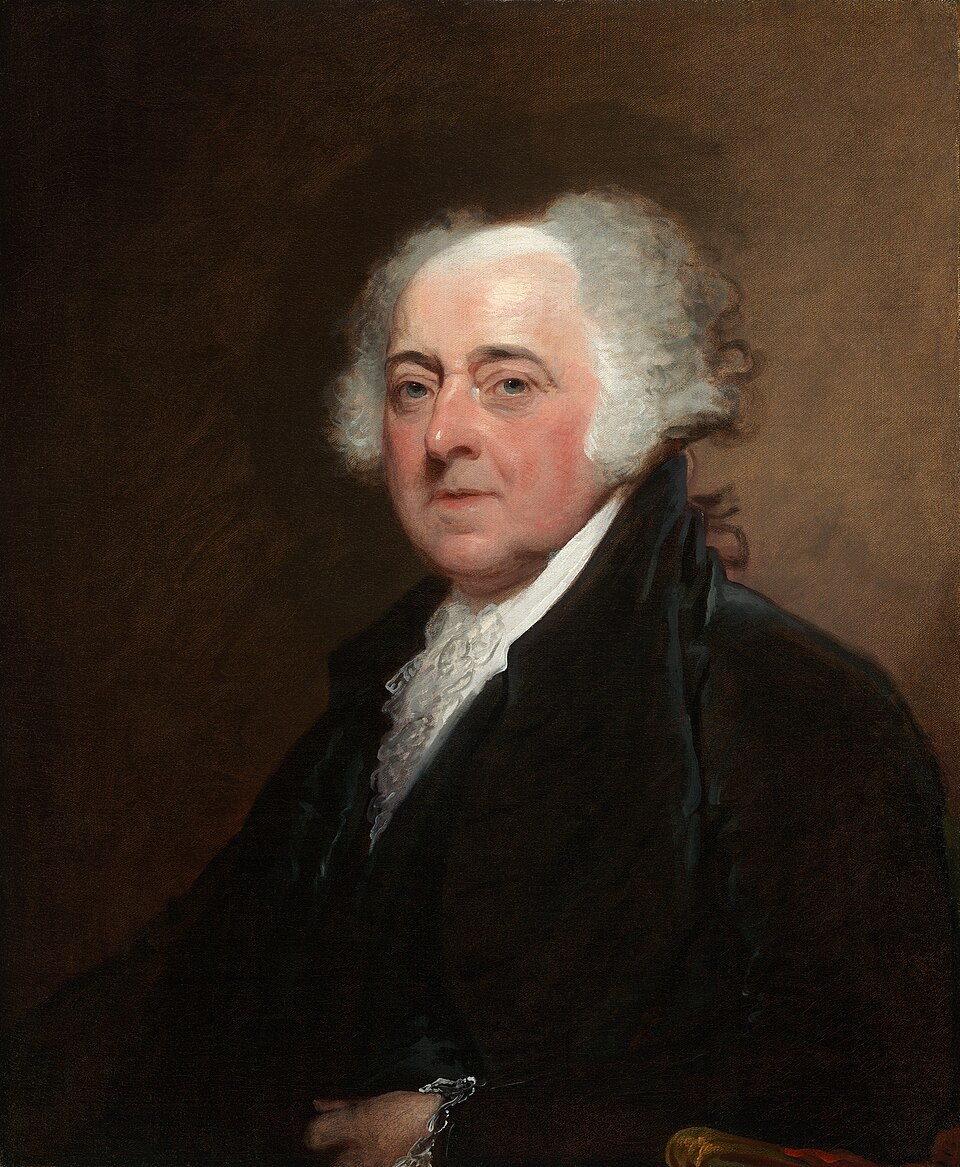
John Adams, one of the most vocal proponents of American independence, is often mischaracterized as someone who wanted to establish a monarchy. In fact, Adams was a staunch advocate for a republican form of government, based on the principles of democracy and the rule of law. While he did suggest that the new nation could be led by a strong executive, his vision was far from a monarchy, and he fought for the creation of a system based on checks and balances.
5. The Founding Fathers Were All Devout Christians
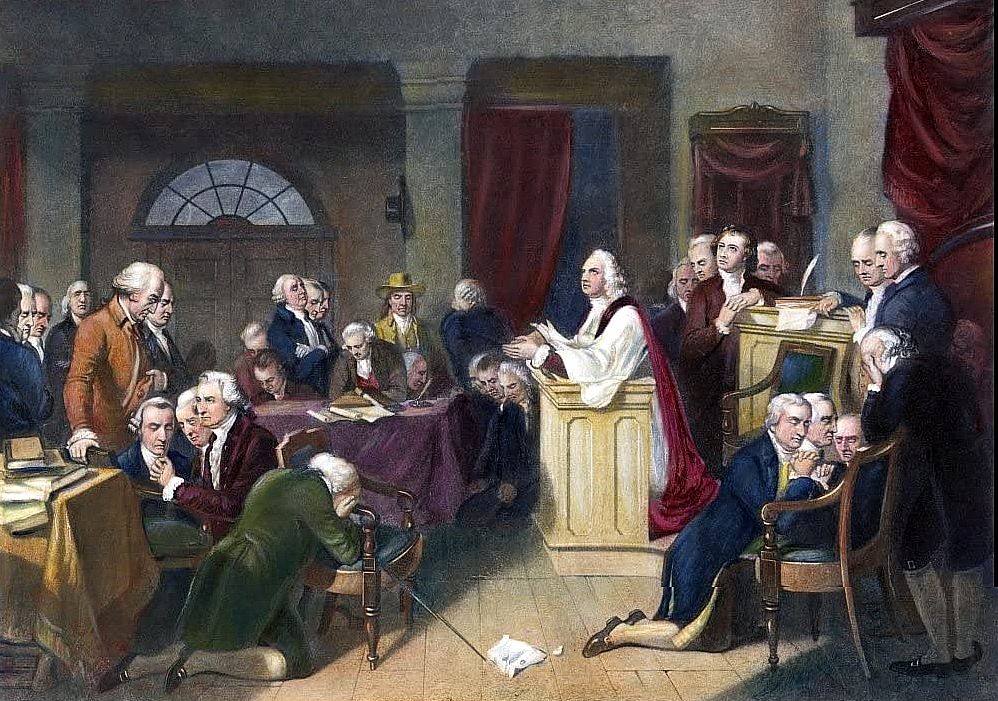
Many people assume that the Founding Fathers were all devout Christians, but this is a misconception. While some were indeed religious, others were Deists or had more complex views on religion. For example, Thomas Jefferson and Benjamin Franklin were both influenced by Deism, a belief in a rational creator who does not intervene in human affairs. The Founding Fathers were generally supportive of religious freedom and believed in the separation of church and state, which was a key principle in the U.S. Constitution.
6. Alexander Hamilton Was a Hero of the American Revolution
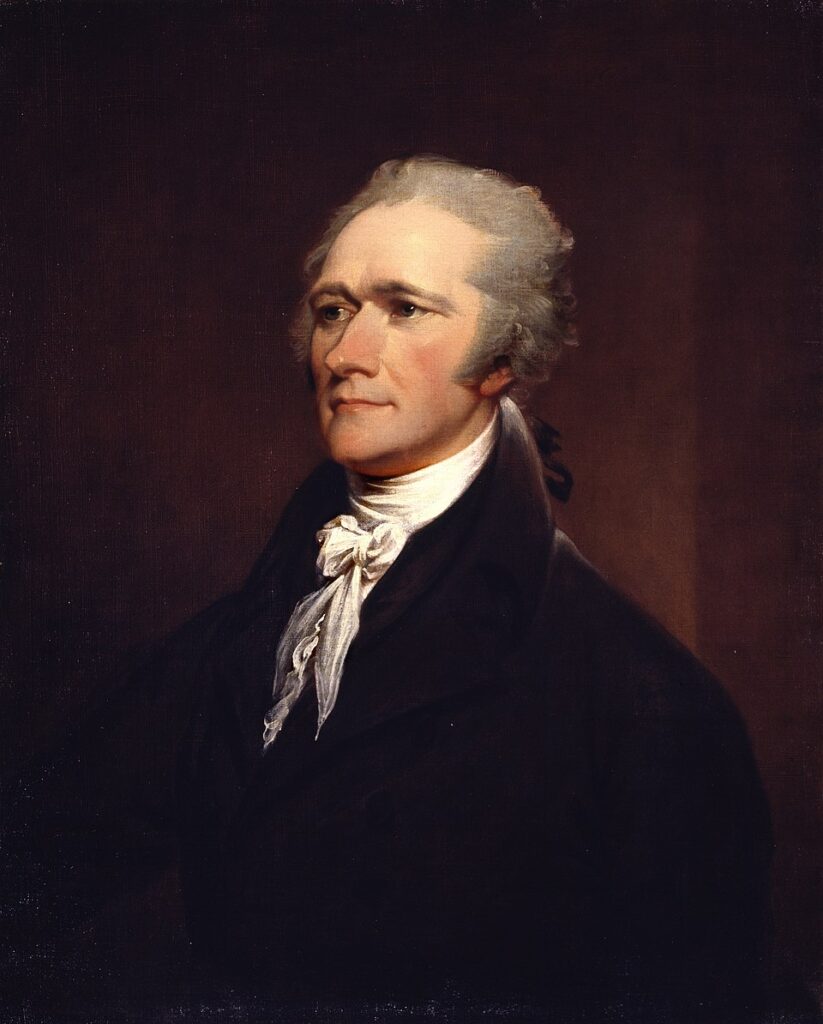
Although Alexander Hamilton played a crucial role in the Revolutionary War, his legacy is often misunderstood. While he was instrumental in securing critical resources and organizing the Continental Army’s finances, Hamilton did not have the battlefield heroism attributed to others like George Washington. His contributions were more focused on the financial and diplomatic aspects of the revolution, and he is perhaps more famous for his role as the first Secretary of the Treasury.
7. The Founding Fathers Were All Wealthy Elites
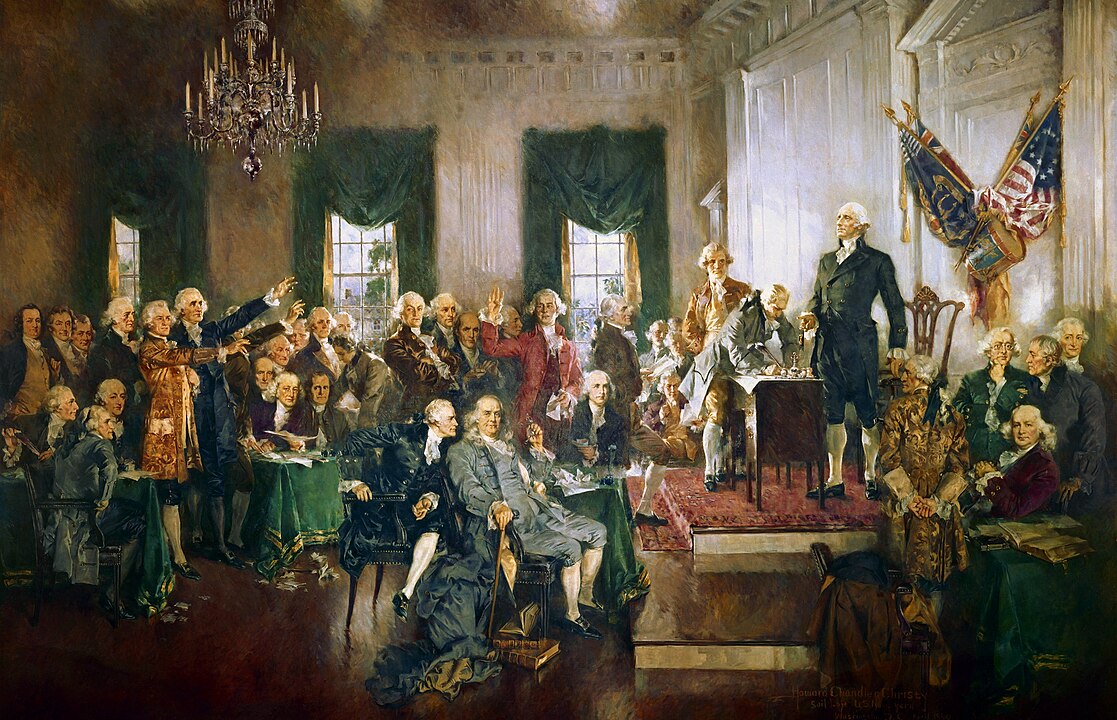
While some of the Founding Fathers were wealthy landowners or businessmen, many were not part of the aristocratic elite. Some, like Thomas Paine, were relatively poor and came from humble beginnings. The idea that the Founding Fathers were all wealthy elites overlooks the diverse social and economic backgrounds of those who played a role in America’s founding. Many of them were driven by ideals of liberty and justice, rather than personal wealth or status.
8. The Founding Fathers Wanted a Nation Based Solely on Freedom
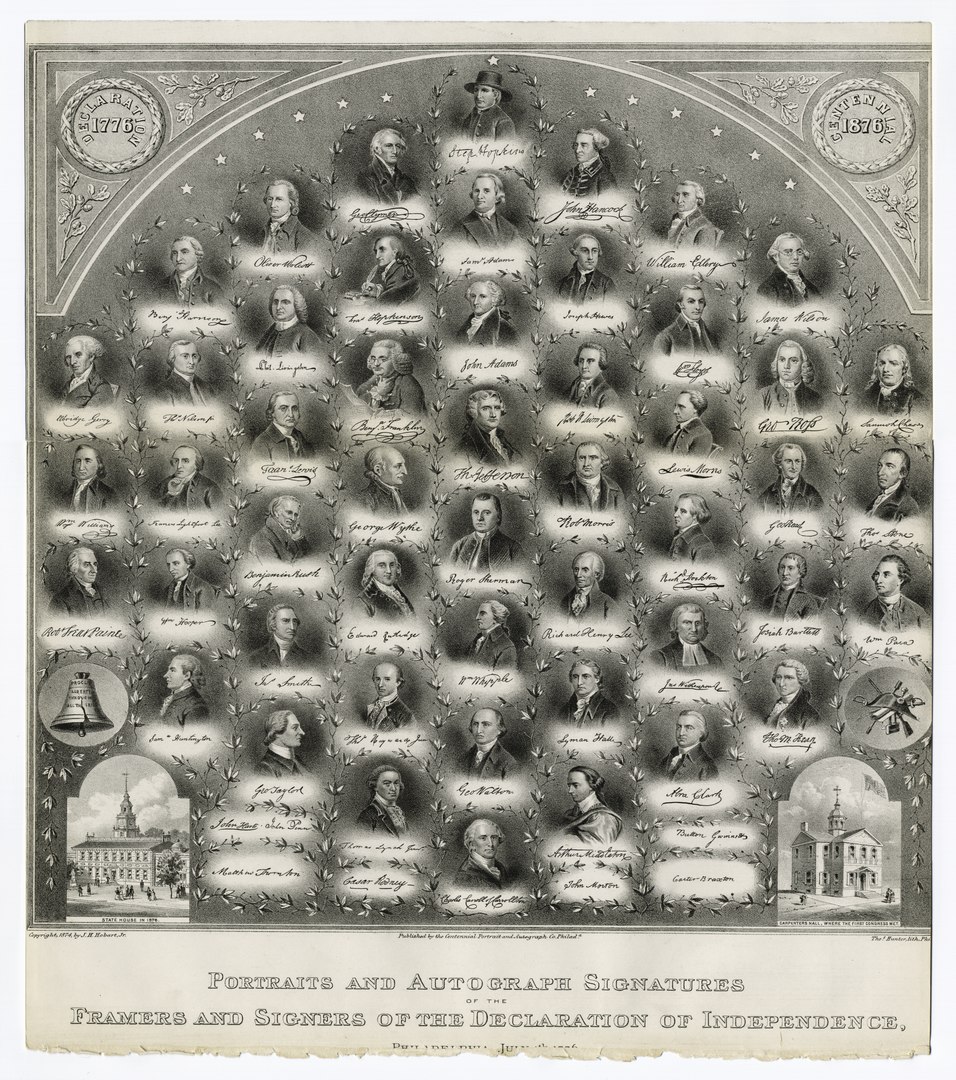
The Founding Fathers were deeply committed to the principles of freedom and liberty, but they did not envision a society that was entirely free from restrictions. For instance, slavery was legal in many states at the time, and the rights of women and Native Americans were severely limited. The Founding Fathers focused on creating a framework for governance that balanced freedom with the practicalities of forming a new nation, which often resulted in compromises that excluded certain groups from full participation.
9. George Washington Never Told a Lie
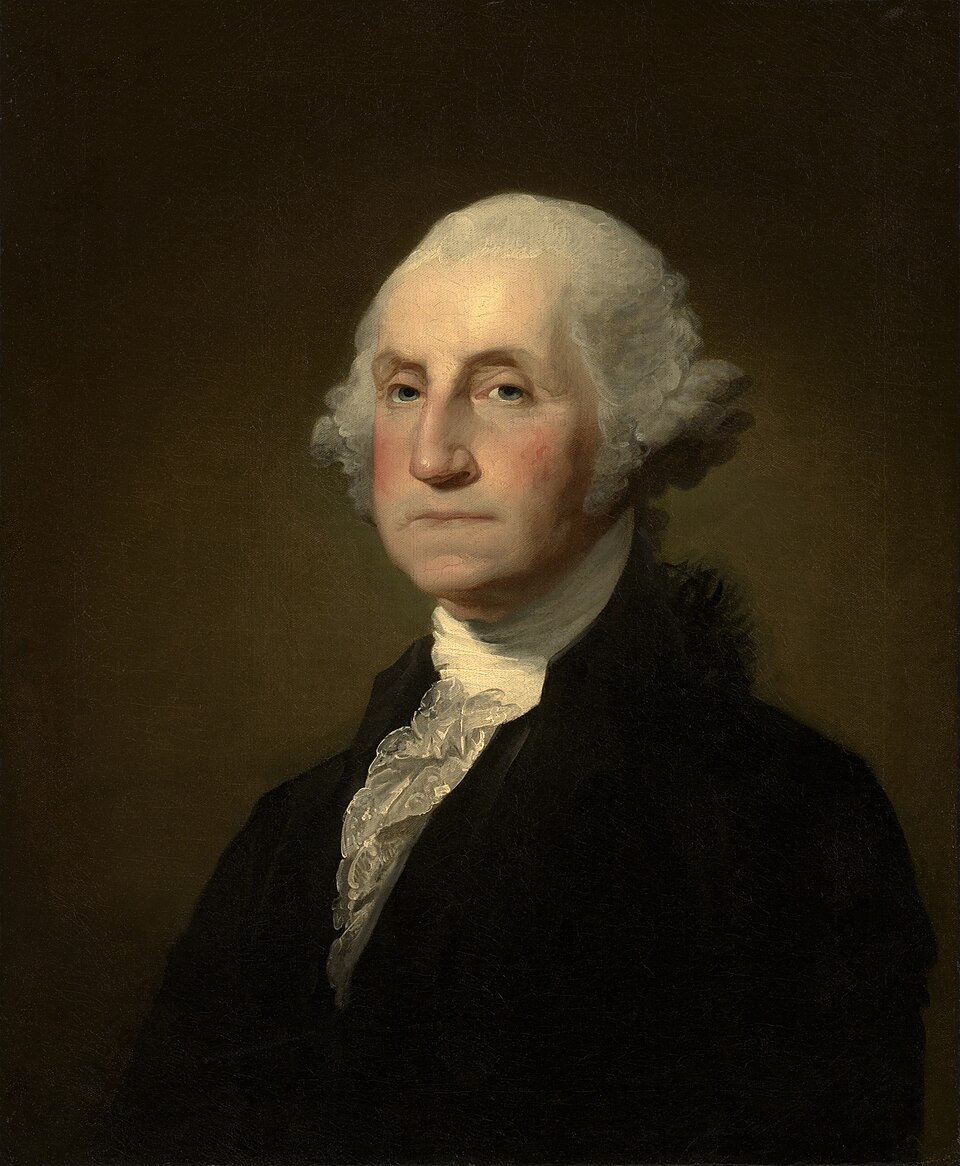
The story of George Washington chopping down a cherry tree and then confessing to it with the famous line, “I cannot tell a lie,” is a complete fabrication. This story was invented by Washington’s biographer, Parson Weems, as a way to create a heroic, moral image of the first president. While Washington was undoubtedly a man of integrity, this tale is simply a myth designed to portray him as a flawless figure.
10. The Constitution Was Written to Protect Individual Rights
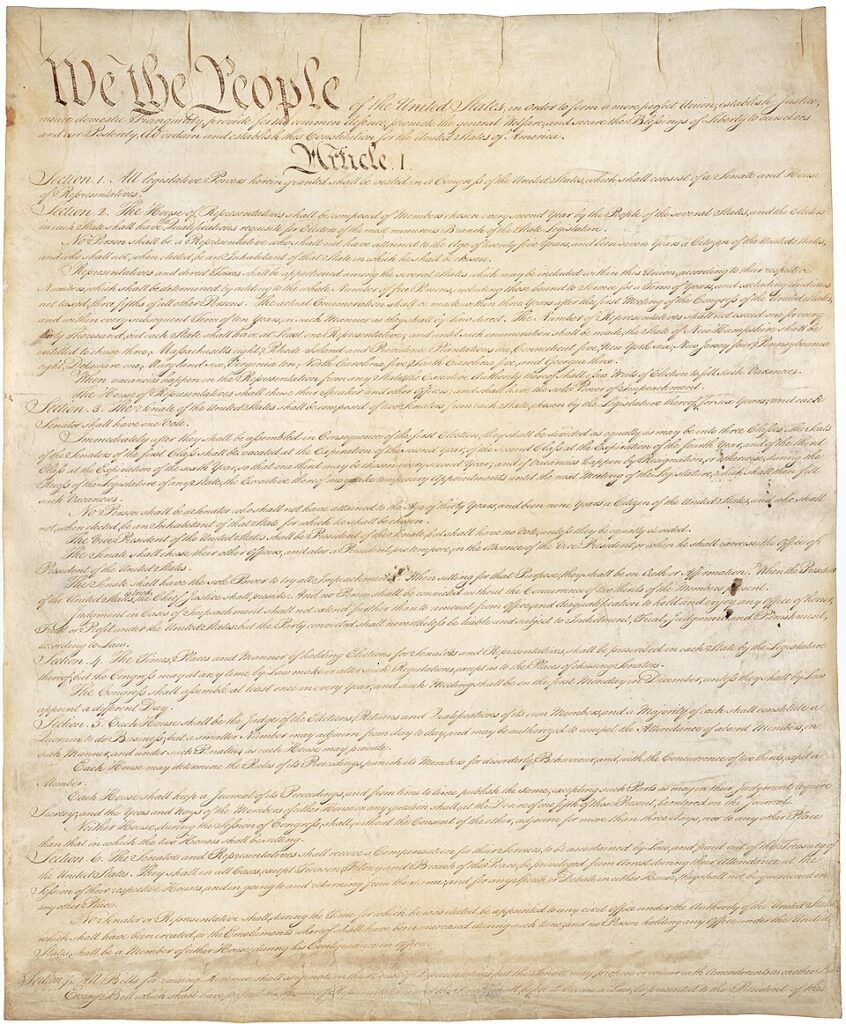
While the U.S. Constitution is often hailed as a document that guarantees individual rights, it initially lacked a Bill of Rights. The original Constitution focused more on establishing the framework of government and balancing powers between the federal and state governments. The first ten amendments, known as the Bill of Rights, were added later to address concerns about protecting individual freedoms. Many of the Founding Fathers believed in personal liberty but did not initially enshrine these rights in the Constitution itself.
11. Thomas Jefferson Was a Strict Advocate for a Weak Federal Government
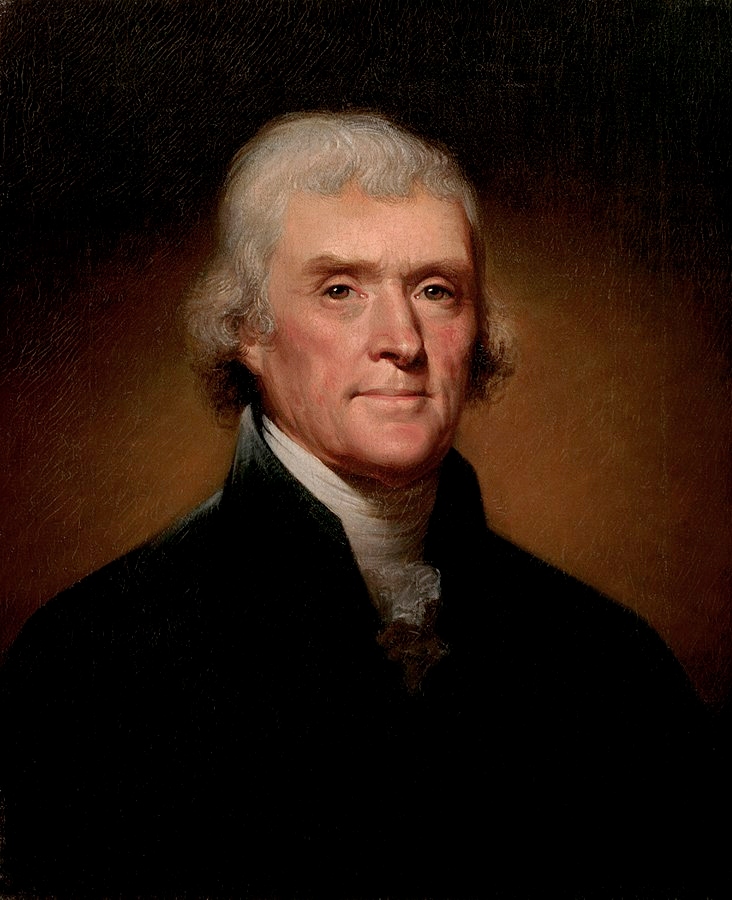
While Thomas Jefferson is often portrayed as a staunch advocate for states’ rights and a weak federal government, his political views were more nuanced. Jefferson believed in a limited federal government, but he also recognized the need for a strong central authority in certain areas, such as national defense and foreign relations. His presidency saw the Louisiana Purchase in 1803, which expanded federal power significantly, challenging the notion that he was completely opposed to a strong central government.
12. The Founding Fathers Hated Political Parties
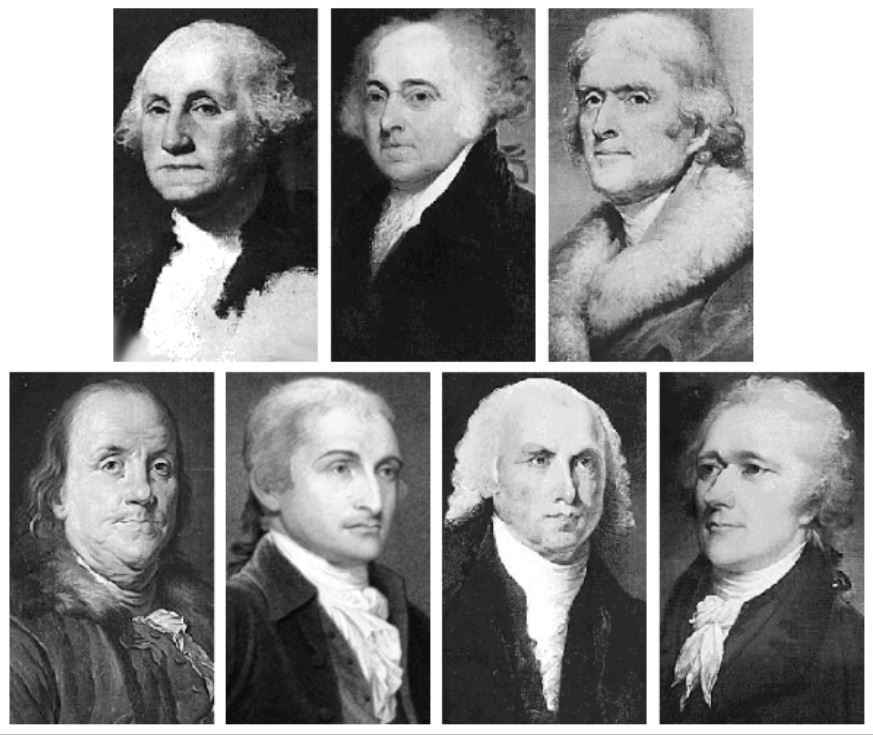
Many people believe that the Founding Fathers were strongly opposed to political parties, but this is not entirely true. While figures like George Washington and Thomas Jefferson were wary of political factionalism, they did not completely reject the idea of political parties. In fact, political parties began to form during Washington’s presidency, with the Federalists, led by Alexander Hamilton, and the Democratic-Republicans, led by Jefferson, emerging as the two main factions. The Founding Fathers were divided on how to handle political competition, and their concerns about factions were often centered on their potential for instability, not the concept of parties themselves.
